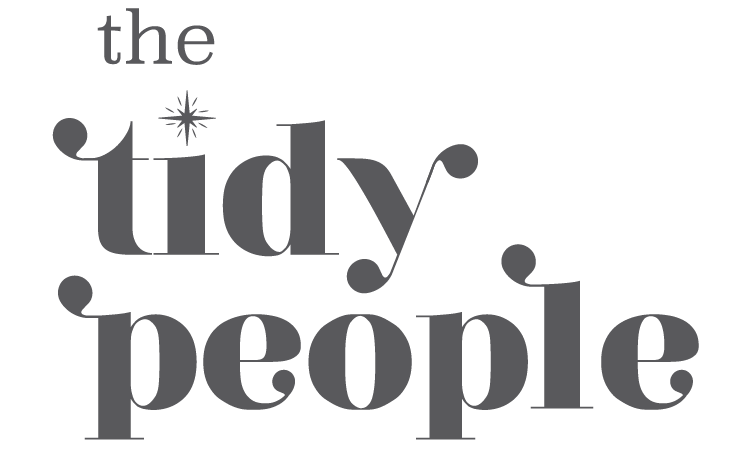Why and How To Put Humans First in the Workplace
Transitioning from solo-prenuer to boss-lady-employer in my early twenties was a bumpy road, in regards to the growth I needed to do in the arena of emotional intelligence.
With each new hire, I listened and learned. I began to hear stories from candidates, regarding prior experiences in the workplace.
One person was shamed by a manager in front of customers and co-workers for dropping a tray of food. Another was repeatedly harassed by a client, only to come forward with no action taken by management to remedy the situation. Another sat on a zoom call for 45 minutes while they were aggressively given feedback without clear corrective or constructive action. The stories go on.
Old traditions in the workplace, where fear is forced upon people to incentivize action, doesn’t work. It actually never has. The very moment in which an employee loses respect for their boss, is the moment they either (a) start looking for other work to escape the fear based workplace, or worse, (b)show up and do the bare minimum.
Once this conflicted exchange occurs, it is possible to repair the relationship. It requires leadership based in emotional intelligence.
As an employer, I take great pride in creating a safe, all-inclusive workplace where people feel comfortable to give feedback, have open conversations, and can set boundaries. Working in the service industry, interacting with people is at the core of everything we do. I always tell my staff: as much as we’re in the business of cleaning, we’re also in the business of communicating with people.
Let’s face it: no matter the day in the service industry, there will always be conflict, subpar work, and shattered expectations. Leaders must know where they stand on specific topics and why.
My team regularly shares with me that they're here for the company culture at The Tidy People. The feedback I receive is that it’s an open inclusive environment where my staff feel heard and respected.
For when conflicts arise (as they always do), I’ve created a 4-point list of the process I use to navigate through bumpy management situations with ease and care.
In my earlier years, I had no company handbooks. I would train employees verbally. When I began to hear on repeat: “you didn’t tell me that”, I knew it was time to write a handbook. Once an employee has the tools and the knowledge at their fingertips, it creates a framework and an expectation. Moving forward, there's a clear definition of whether these expectations are being met or not.
Additionally, I encourage my team to speak up when something isn’t clear or they’re unable to meet expectations. This information provides us with a roadmap to become better…instead of just stating: do your job.
If the only time an employee interacts with their manager is to receive constructive feedback or pure criticism, something’s missing. In order for us humans to grow, we just as much need to know what we’re doing right, alongside feedback. Have constructive feedback? Here’s where the feedback sandwich is a great tool:
(1) Praise
(2) Constructive Feedback
(3) Praise
Feedback is better absorbed, where an employee knows where they stand.
I almost always find that someone’s intentions are in the right place. It’s just, somewhere along the way, information can become misconstrued or misunderstood.
This is where I gather information and ask questions. I first ask myself, what is the outcome that I’m seeking in this situation? I then approach the employee with what I’ve gathered and pair that with the framework and expectations already in place.
Reprimand does hold a space somewhere in the workplace at The Tidy People, but it’s not front and center. On the rare occasion feedback isn’t applied by an employee, we do have to take action with reprimand. We put humans first, by gathering information, listening, and allowing time and space for growth.
If you are human and have a brain, mental health applies to you. The old traditions in the workplace, mental health was a taboo topic and to be avoided.
Mental health days exist at The Tidy People and we encourage our team to take those days off, when they need it.
We work with people based on a trust system. We trust that our employees aren’t taking advantage of this. We do look at patterns and it does become clear when this happens. Otherwise, we find that this builds a strong foundation with each and every person on our team, when they know that all aspects of their health comes first.





